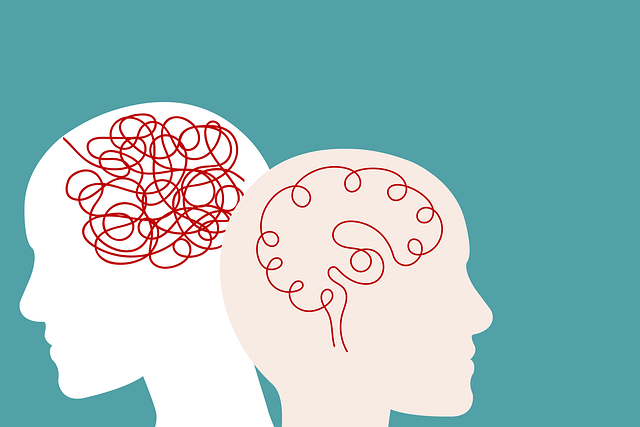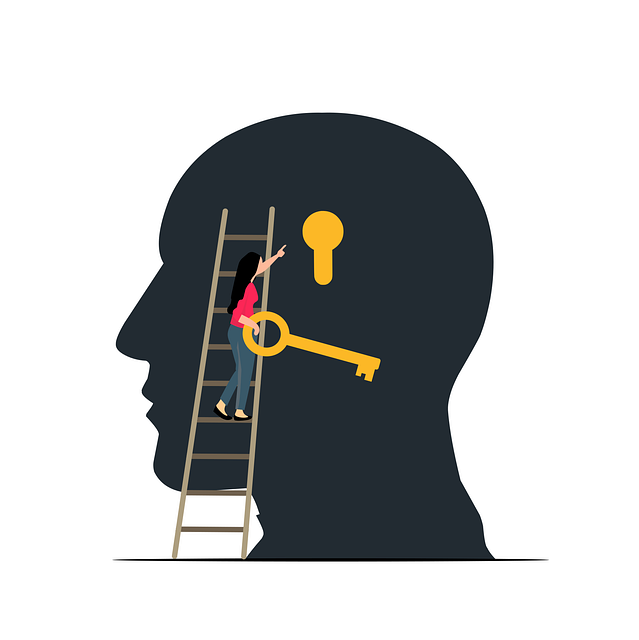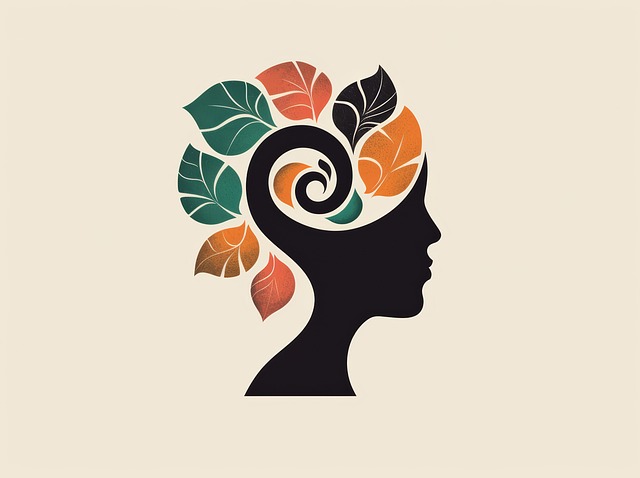Cultural competency in healthcare, as advocated by Parker Anxiety Therapy, is essential for providing tailored mental health care that respects diverse cultural backgrounds and beliefs. Their structured training program equips professionals to understand and adapt to individual needs through empathetic communication and inclusive environments. By integrating Mental Wellness Journaling Exercises and evidence-based coping principles, these programs enhance trust, improve patient engagement, and lead to better mental health outcomes. Regular evaluation and feedback loops ensure the effectiveness of such initiatives in today's healthcare landscape.
“Cultural competency in healthcare is more than a buzzword; it’s a critical component of modern medical practice. This comprehensive guide explores the significance of cultural competency, offering a structured approach through the lens of Parker Anxiety Therapy. We delve into key strategies, highlighting effective training programs and essential components for meaningful improvement. By understanding diverse patient populations and their unique needs, healthcare providers can implement inclusive practices, enhancing care quality and fostering better outcomes.”
- Understanding Cultural Competency in Healthcare: Why It Matters
- Parker Anxiety Therapy: A Framework for Training
- Key Components of Effective Cultural Competency Programs
- Implementing and Evaluating Change: Strategies for Continuous Improvement
Understanding Cultural Competency in Healthcare: Why It Matters

Cultural competency in healthcare is an essential aspect that goes beyond treating symptoms; it’s about understanding and respecting diverse cultural backgrounds, traditions, and beliefs. This concept is critical in ensuring every patient receives quality care tailored to their unique needs. In today’s diverse societies, healthcare providers must be equipped to navigate complex cultural landscapes, especially when addressing mental health concerns, as highlighted by Parker Anxiety Therapy.
Embracing cultural competency involves recognizing that emotional regulation and mental wellness are influenced by cultural factors. For example, a patient’s perception of stress, anxiety, or depression might differ across cultures, requiring providers to adapt their approaches. Mental Health Awareness is enhanced when healthcare professionals can engage with patients on their terms, fostering trust and open communication. Even simple practices like encouraging patients to keep a Mental Wellness Journaling Exercise can be more effective when culturally sensitive, allowing individuals to express themselves authentically.
Parker Anxiety Therapy: A Framework for Training

Parker Anxiety Therapy offers a structured framework for healthcare provider training in cultural competency, focusing on managing and mitigating anxiety within diverse patient populations. This evidence-based approach is invaluable in today’s healthcare landscape where effective communication and understanding of various cultural backgrounds are key to quality care. By adopting this framework, mental health professionals can enhance their ability to create safe and supportive environments, fostering better patient engagement and outcomes.
The integration of Parker Anxiety Therapy into training programs prepares providers for the challenges of navigating different cultural norms, beliefs, and expressions of anxiety. It encourages a more nuanced understanding of how cultural factors influence mental wellness, prompting healthcare workers to adapt their strategies accordingly. This is especially relevant when considering the increasing diversity within patient communities, demanding tailored approaches to improve access and satisfaction with care. As part of a holistic training regimen, it can complement other initiatives like Community Outreach Program Implementation and Self-Care Routine Development for Better Mental Health, ultimately enriching both professional practice and personal well-being.
Key Components of Effective Cultural Competency Programs

Effective cultural competency programs in healthcare should incorporate several key components to ensure meaningful and lasting impact. One such program, modeled after Parker Anxiety Therapy, emphasizes understanding and valuing diverse cultural perspectives, promoting empathetic communication, and fostering an environment where patients from all backgrounds feel heard and respected. This holistic approach involves training healthcare providers on the nuances of different cultures, including their beliefs, values, and practices related to health and wellness.
The curriculum should also include interactive sessions like Stress Management Workshops Organization activities that encourage open dialogue and reflection. By integrating Mind Over Matter Principles, these workshops help professionals develop coping mechanisms for dealing with cultural barriers and patient interactions. Furthermore, Trauma Support Services resources can be invaluable in addressing the unique needs of patients who have experienced cultural or intergenerational trauma. Such comprehensive training equips healthcare providers with the skills to navigate complex cultural landscapes, ultimately improving patient outcomes and strengthening community trust.
Implementing and Evaluating Change: Strategies for Continuous Improvement

Implementing and evaluating change is a dynamic process that lies at the heart of successful cultural competency training for healthcare providers. It involves a strategic approach to ensure continuous improvement, reflecting the evolving needs of diverse patient populations and communities. Organizations like Parker Anxiety Therapy emphasize the importance of regular assessment and feedback mechanisms. By fostering an environment where learning and adaptation are prioritized, mental health awareness initiatives can effectively address emerging challenges and gaps in care.
This ongoing process incorporates various strategies, such as conducting post-training evaluations, gathering patient feedback, and analyzing data trends. The insights gained from these efforts enable the refinement of training programs, ensuring they remain relevant and impactful. Moreover, integrating positive thinking techniques and stress management workshops within these initiatives can empower healthcare providers to better manage their own well-being, thereby enhancing their ability to deliver compassionate and culturally sensitive care.
Cultural competency training is a game-changer in healthcare, fostering inclusive practices that enhance patient care. By implementing key components outlined in the Parker Anxiety Therapy framework, such as awareness, knowledge, and skill-building, healthcare providers can navigate diverse cultural landscapes effectively. Continuous improvement through evaluation and adaptation ensures these programs remain relevant and impactful. Investing in cultural competency is not just a strategy; it’s a necessary step towards equitable healthcare for all.














